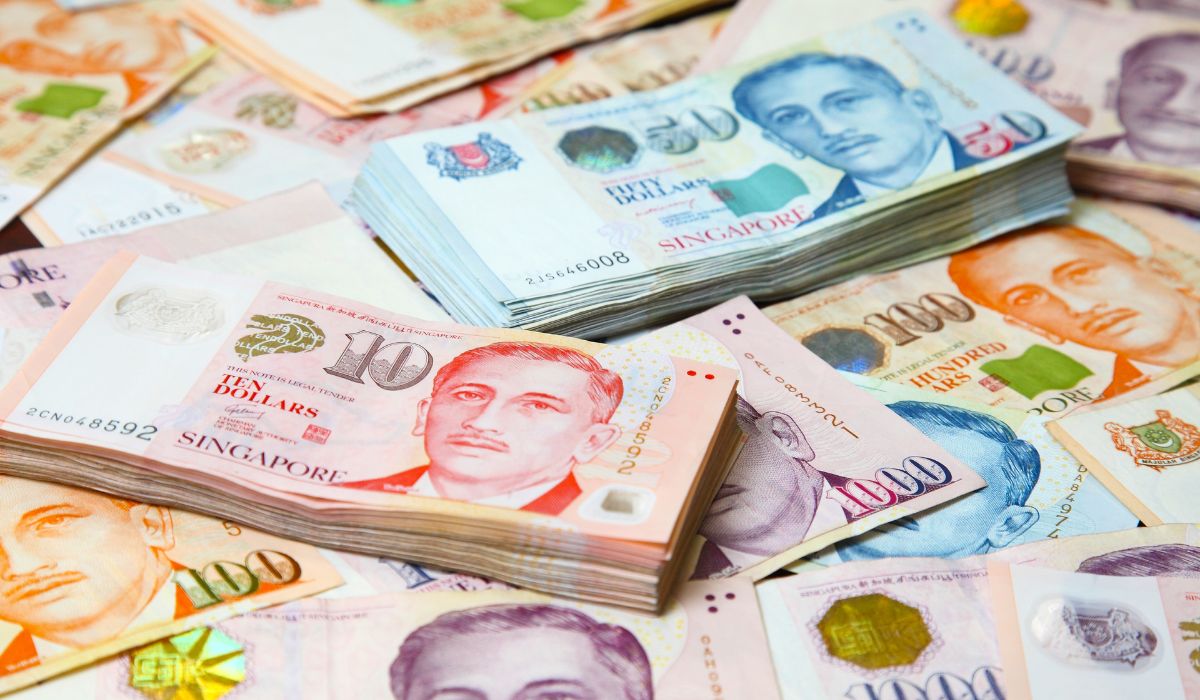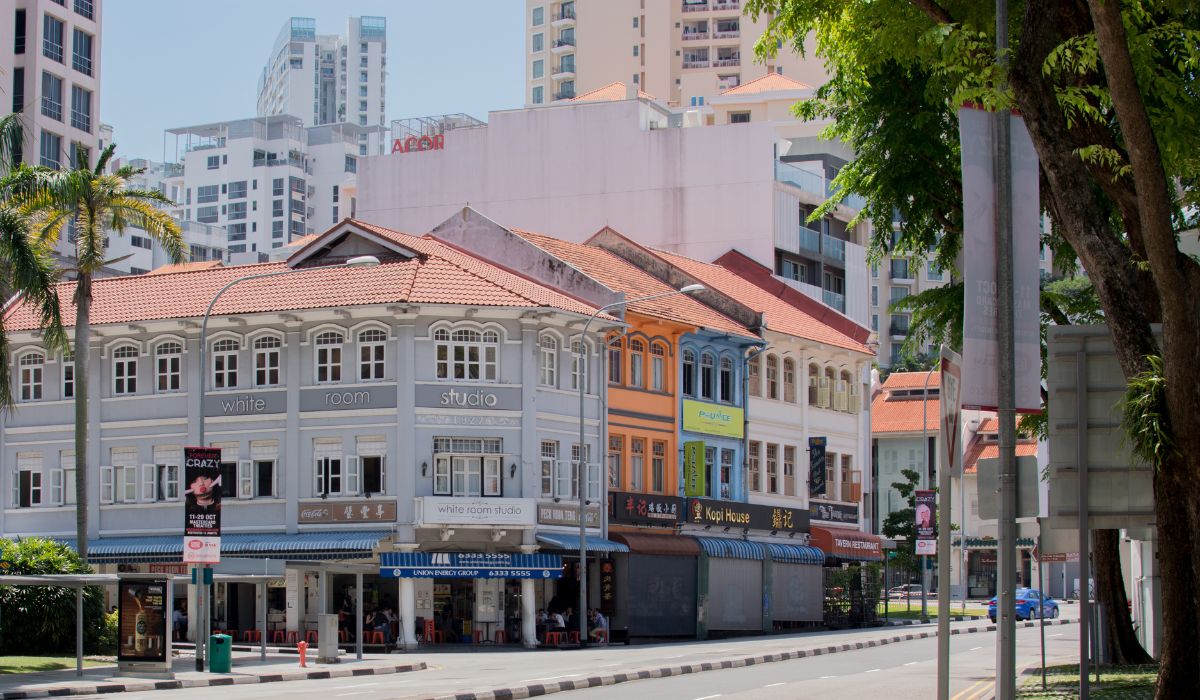MAS maintains its policy settings
Economists are pointing to three compelling factors that suggest the Monetary Authority of Singapore (MAS) is likely to retain its current policy parameters without alteration in the upcoming October review.
RHB Senior Economist Barnabas Gan stated that the persistent growth in GDP throughout 2024 is a primary factor supporting the case for keeping monetary policy “unchanged.”
“While we expect a rosier economic momentum for the Singapore economy into 2H23, we note that year-on-year declines are still seen in the latest figures, underpinning that a tightening scenario may be premature,” Gan stated.
More from OMY: MAS launches public consultation for code of conduct of ESG ratings, data products
He also highlighted August’s Non-Oil Domestic Exports (NODX), which contracted by a deeper-than-expected 20.1% YoY, compared to the market consensus of -17.1% YoY. Furthermore, industrial production saw a substantial decline of 12.1% YoY in the same month, against Bloomberg’s consensus for a smaller drop of 3.1% YoY.
“The consolation is that while we still see YoY contractions in key externally-facing data, the momentum has been picking up since the start of 2H23. Meanwhile, we are seeing a gradual turnaround in the tech cycle, as seen in the bottoming of global semiconductor billings, which should benefit export-oriented ASEAN, including Singapore,” Gan added.
Another significant factor influencing Gan’s belief that MAS will maintain unchanged policy parameters is the decrease in inflation pressures and the flexibility for the Singapore Dollar Nominal Effective Exchange Rate (S$NEER) to respond to future economic conditions.
“A tweak to Singapore’s monetary policy parameters may be unnecessary, given the ample room for the S$NEER to move with future economic pressures,” Gan explained.
Nevertheless, Gan acknowledged the possibility of a tightening scenario, although very unlikely.
“Inflation pressures are heating up given the uptick in global food and oil prices. Singapore remains a small and open economy, thus suggesting that any further exacerbation in commodity price upticks will quickly elevate inflation pressures.”
Commenting on the topic, Sim Moh Siong, senior currency strategist at the Bank of Singapore, expressed reservations about easing Singapore’s FX policy too soon, citing that “core inflation has moderated more slowly than the MAS had expected.”
“The recent rally in oil and rice prices, the still-tight labour market, administered price hikes like the increase in public transport fares, and the 2024 Goods and Services Tax (GST) hike also makes it tough to be relaxed that the disinflation trend will stay intact,” he noted.
More from OMY: MAS announces 3.73% cut-off yield for new Singapore T-bill auction







